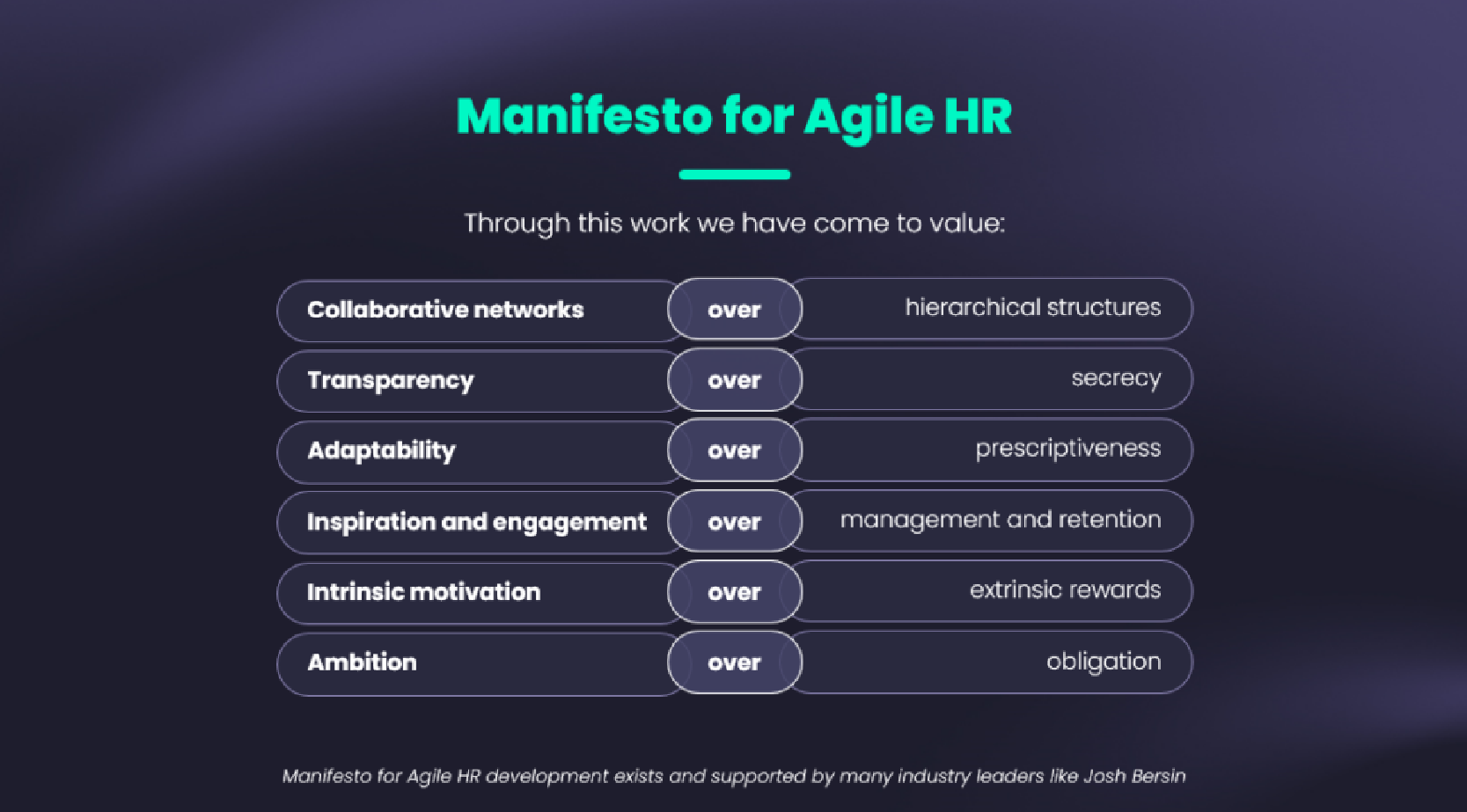Blog - Channel Partner
Maximizing Benefits Through Agile HR Practices

Unlocking the Potential of Agile HR
Adopting agile practices in HR presents an array of benefits that can revolutionize traditional human resource management. Embracing agility in HR not only enhances organizational responsiveness but also fosters a culture of collaboration, innovation, and continuous improvement. Below are the key advantages to anticipate when integrating Agile methodologies into HR practices.
1. Swift Adaptation and Flexibility:
Agile methodologies prioritize quick iterations and adaptability, enabling HR departments to swiftly respond to evolving circumstances. Consider the scenario of Traditional Treasures Co., where a sudden market shift necessitated the implementation of remote work policies. While traditional HR setups may take weeks to formalize such changes due to hierarchical decision-making processes, companies like ChuckleCrafters Co. leverage Agile HR structures to implement flexible guidelines within days, ensuring seamless adaptation to market demands.
2. Employee-Centric Approach:
Agile HR places a strong emphasis on the employee experience, promoting collaboration and empowerment. By integrating robust feedback loops into workflows, Agile HR aligns HR strategies with employee needs and aspirations. For instance, ScratchyGears Inc. utilized monthly pulse surveys to identify lower employee satisfaction, leading to collaborative efforts to implement flexible working hours and enhance work-life balance.
3. Data-Driven Decision Making:
Agile HR relies on data analytics to inform decision-making processes. Through trend analysis on employee turnover, companies like SnickerSolutions Ltd. identify attrition triggers and design targeted retention strategies to address employee concerns and retain valuable talent effectively.
4. Continuous Improvement:
Agile HR fosters a culture of continuous improvement by encouraging experimentation and feedback. For example, Signify’s clients can do frequent performance check-in conversations to enhance the performance management process, facilitating real-time feedback and responsiveness to coaching needs.
5. Cross-Functional Collaboration:
Agile HR breaks down silos and promotes collaboration across departments. Wow-me-Widgets Co. exemplifies this by forming multi-disciplinary workgroups to redesign engaging onboarding processes, incorporating expertise from various departments and recent hires.
6. Embracing Change:
Agile HR embraces change by adapting strategies, processes, and structures in response to evolving business needs, market trends, and employee expectations. Vintage Ventures Ltd., for instance, fosters a culture of experimentation and flexibility, continually evaluating recruitment criteria to prioritize culture fit and growth potential over stringent qualifications.
By adopting Agile HR practices, organizations can unlock their full potential, driving innovation, efficiency, and employee satisfaction in an ever-evolving business landscape.
By Marinus Van der Berg


